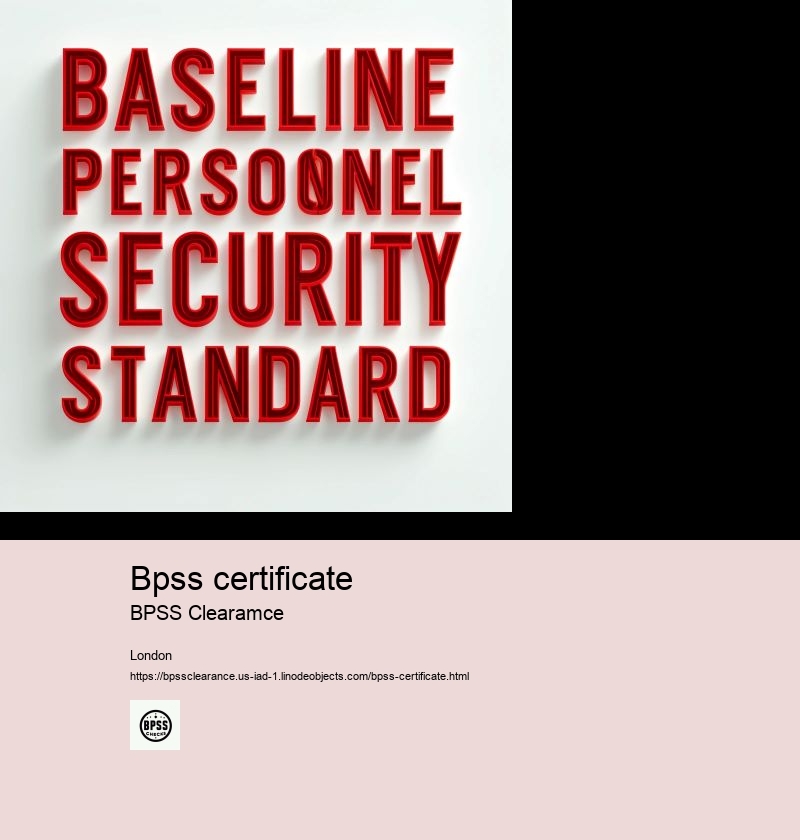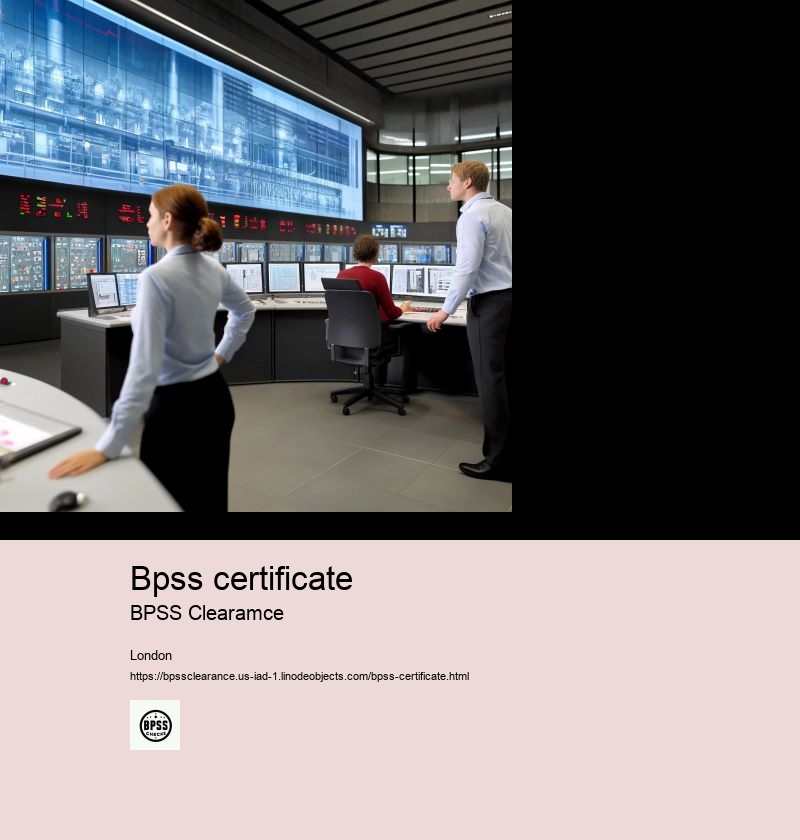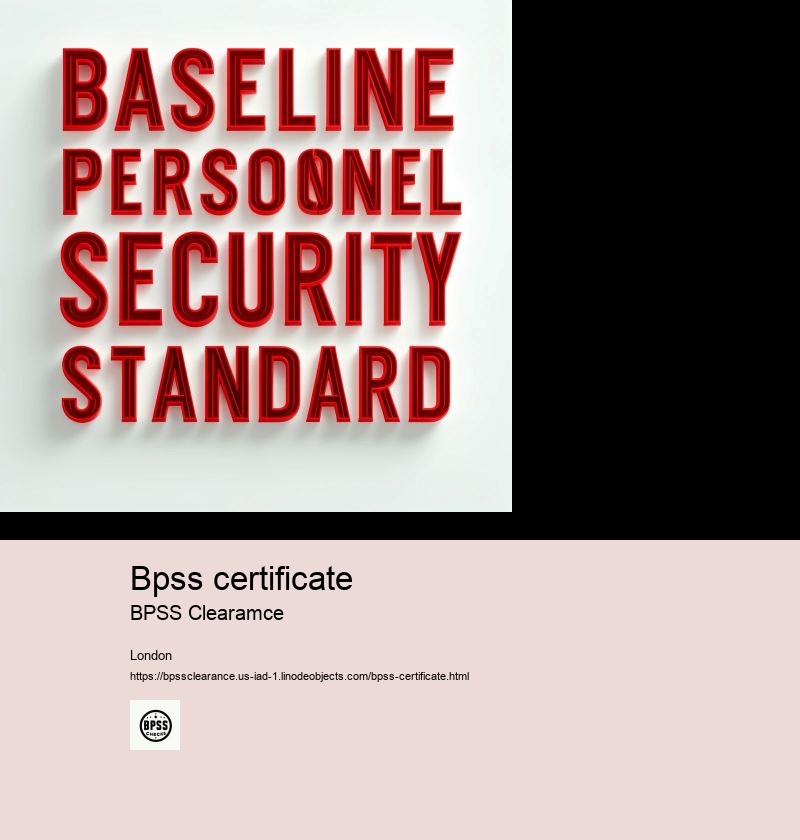bpss certificate
Personnel trustworthiness
- Highlight any security-sensitive activities or exposures encountered while abroad.
To initiate the process of conducting a BPSS check, start by gathering all necessary documentation and information for the screening requirements. Follow these steps to guarantee a thorough BPSS clearance:
Depending on the severity and nature of the crime, certain offenses may disqualify individuals from obtaining BPSS clearance.
Bpss certificate - Regulatory frameworks
- Access control
- Confidentiality agreements
- Sensitive information handling



